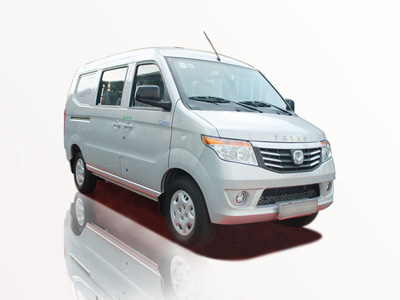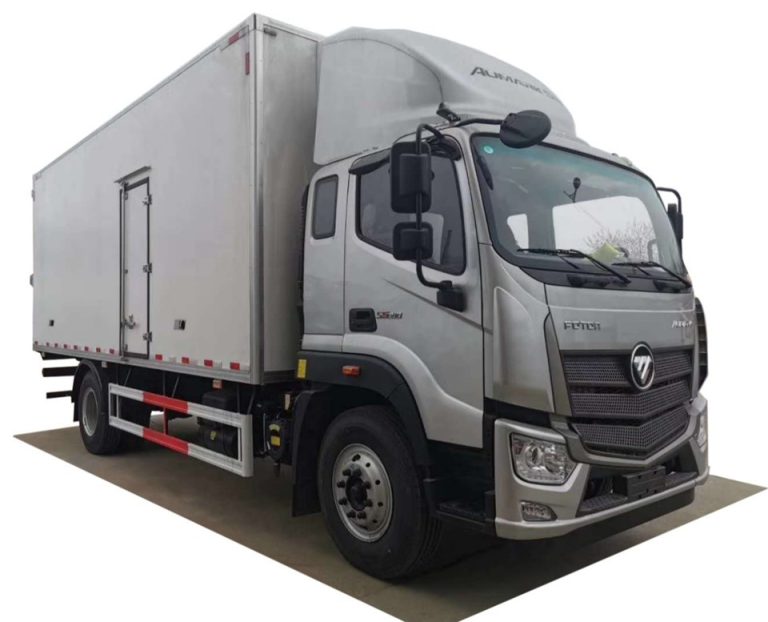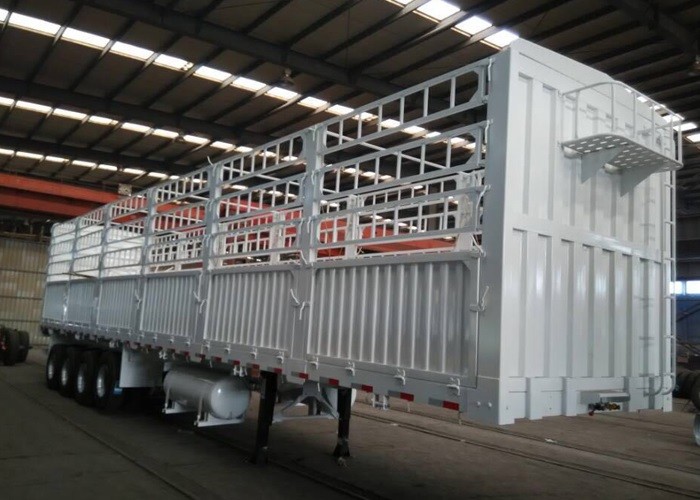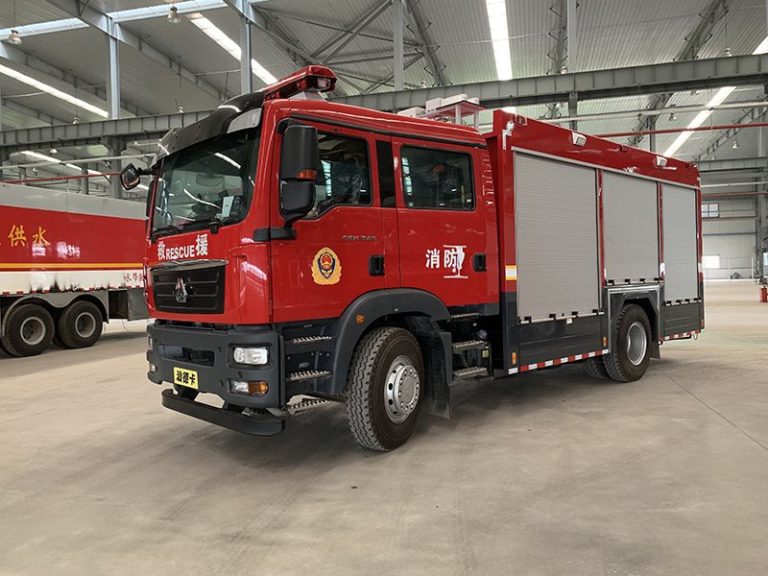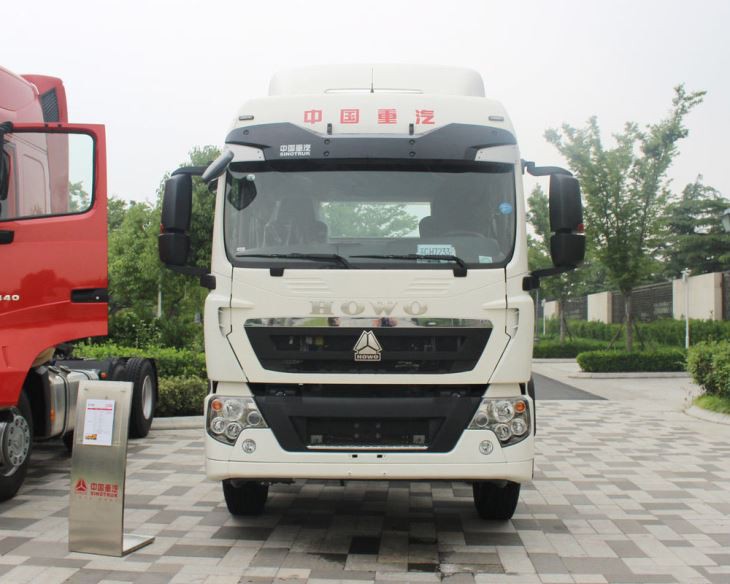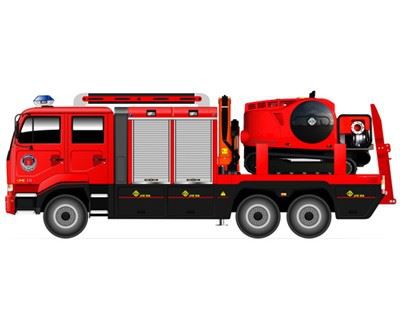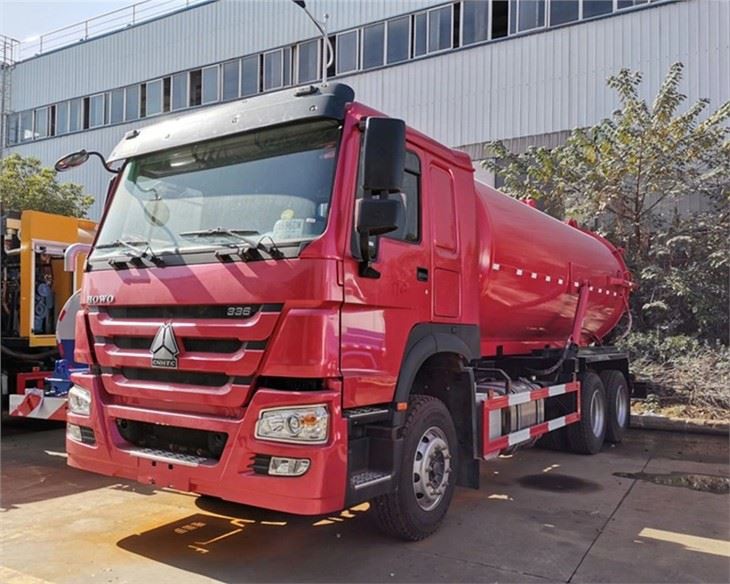When it comes to reliable and heavy-duty transportation, lugger trucks are a top choice for businesses in various industries. Known for their ability to carry substantial loads and their versatility, lugger trucks play a crucial role in the logistics and waste management sectors. In this article, we will explore everything you need to know about lugger trucks for sale, including their features, buying tips, and practical examples to help you make an informed decision.
What is a Lugger Truck?
A lugger truck, often referred to as a lugger or a lugger chassis, is a type of truck commonly used in the waste management industry. Designed to haul large containers, lugger trucks can transport heavy loads efficiently. They are equipped with specialized hoisting systems that allow them to pick up and drop off containers, making them ideal for construction sites, landscaping businesses, and municipalities.
Key Features of Lugger Trucks
- Capacity: Lugger trucks can typically carry between 10 to 20 cubic yards, making them suitable for transporting various materials.
- Hoisting Mechanism: Most lugger trucks feature a hydraulic hoisting system that allows them to easily lift and lower containers.
- Durability: Built to withstand heavy use, lugger trucks are made from robust materials and often come with powerful engines.
- Versatility: They can be used for different applications beyond waste management, including construction and demolition.
Benefits of Purchasing a Lugger Truck
Enhanced Efficiency
Lugger trucks improve operational efficiency by streamlining the process of collecting and transporting materials. Their design allows for quick loading and unloading, saving time for businesses that need to manage waste or materials promptly.
Cuts Down Labor Costs
By using a lugger truck, businesses can reduce the number of personnel needed on-site for manual loading and unloading. This not only cuts down labor costs but also minimizes the risk of injuries associated with heavy lifting.
Environmental Impact
Utilizing lugger trucks can help companies follow environmentally friendly practices. They can efficiently transport recyclable materials, helping to divert waste from landfills and promoting recycling efforts.
Factors to Consider When Buying a Lugger Truck
1. Type of Load
Identify what type of materials you will be transporting. Different lugger trucks may have specific capacities or features tailored for certain loads.
2. New vs. Used
Deciding between a new and used lugger truck is crucial. While new trucks come with warranties and the latest technology, used trucks can offer significant savings. Consider your budget and the total cost of ownership over time.
3. Brand and Model
Research various brands and models in the market. Each brand has its strengths and weaknesses, so it’s important to find one that fits your operational needs. Popular brands include Freightliner, Peterbilt, and Hino.
4. Maintenance History
For used lugger trucks, check the maintenance history. A well-maintained truck can save you from unexpected repairs in the future.
Maintenance Tips
- Regularly check the hydraulic system for leaks.
- Ensure routine oil changes and engine maintenance.
- Inspect the tires and brakes frequently to ensure safety.
5. Cost of Ownership
Evaluate the total cost of ownership, including insurance, maintenance, fuel efficiency, and potential repairs. This will help you understand the long-term financial impact of your purchase.
Where to Look for Lugger Trucks for Sale
1. Online Listings
Websites like Craigslist, eBay Motors, and specialized truck sales sites can be a great starting point for finding lugger trucks. Use filters to narrow down your search to your preferred specifications.
2. Local Dealerships
Visit local dealerships that specialize in commercial vehicles. Many of them have a selection of new and used lugger trucks and can provide insights on the best options for your needs.
3. Auctions
Participating in vehicle auctions can also be a way to find lugger trucks at competitive prices. Look for auctions that specialize in industrial and commercial vehicles.
Practical Examples of Lugger Truck Use
Example 1: Waste Management Company
A waste management company focusing on residential clean-up services decided to purchase a lugger truck to streamline their operations. With the new truck, they could efficiently collect bulky items like furniture and appliances, increasing their customer base and reducing pick-up times.
Example 2: Construction Business
A construction business used a lugger truck to transport debris from job sites. The hydraulic hoist allowed them to easily load containers with waste, making clean-up quicker and more efficient. As a result, they completed projects faster and improved client satisfaction.
Example 3: Landscaping Services
A landscaping service utilized a lugger truck to transport soil and equipment. The truck’s capacity enabled them to make fewer trips, reducing fuel costs and maximizing productivity on large projects.
Financing Options for Lugger Trucks
1. Traditional Bank Loans
Consider applying for a traditional bank loan to finance your lugger truck purchase. This option often requires a good credit score and a detailed business plan.
2. Leasing
Leasing a lugger truck is another option, allowing businesses to use the vehicle without outright purchasing it. This can help maintain cash flow for other operational costs.
3. Equipment Financing Companies
Specialized equipment financing companies can offer tailored solutions for purchasing lugger trucks. They may provide flexible repayment terms and lower rates for businesses with good credit histories.
Maintaining Your Lugger Truck
Routine Inspections
Conducting regular inspections is vital for maintaining the performance and safety of your lugger truck. This includes checking the engine, brakes, tires, and hydraulic systems.
Best Practices for Maintenance
- Establish a maintenance schedule based on manufacturer recommendations.
- Keep detailed records of service and repairs.
- Invest in training for operators to handle the truck optimally.
Frequently Asked Questions
1. What is the average cost of a lugger truck?
The average cost of a lugger truck can range from $20,000 to $150,000, depending on whether it’s new or used, the make and model, and its specifications.
2. How do I know if a lugger truck is right for my business?
Evaluate your business needs in terms of what materials you transport and how often you require a lugger truck. If you regularly handle large, bulky loads, it is likely a suitable choice.
3. Are lugger trucks fuel-efficient?
Fuel efficiency varies by model and usage. Many newer lugger trucks are designed with fuel efficiency in mind, so it’s recommended to compare specifications during your search.
4. Can I modify a lugger truck for specific needs?
Yes, lugger trucks can often be customized with different container sizes, hoist systems, or additional storage options based on your operational requirements.
5. Do lugger trucks come with warranties?
New lugger trucks typically come with manufacturer warranties. Used trucks may have warranties depending on the dealer and the specific vehicle.
6. How can I ensure the best deal when purchasing a lugger truck?
Research extensively, compare prices across various platforms, and consider getting a mechanic to inspect used trucks. Make sure to take your time in negotiations to find the best value.
